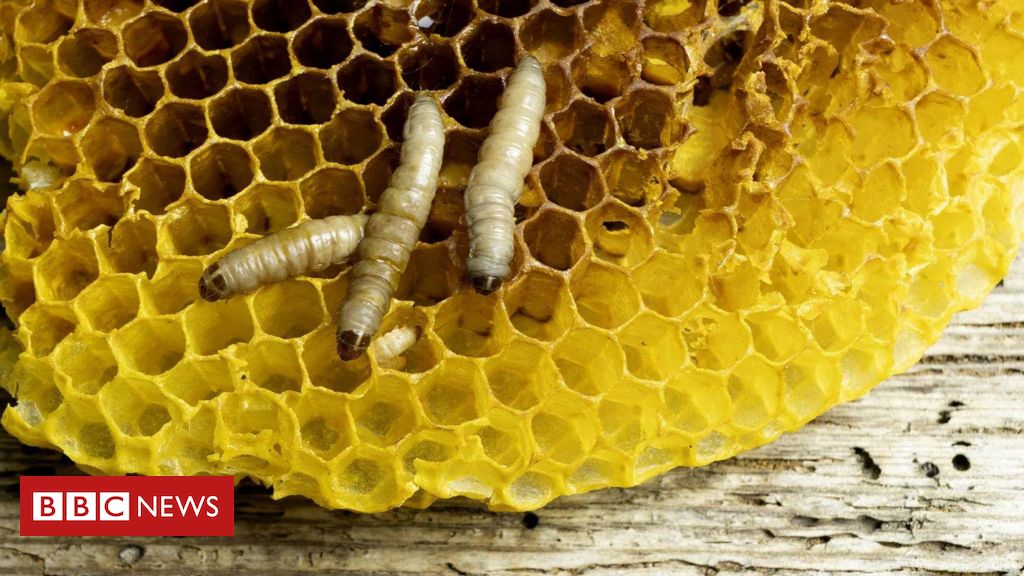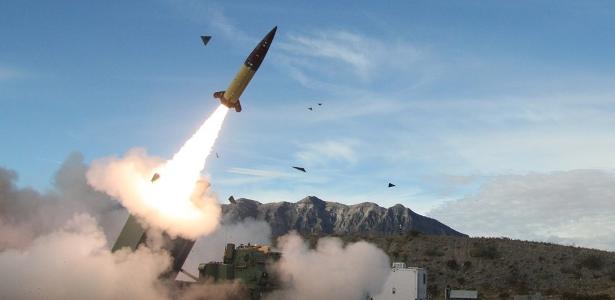
The historic dispute, in which Venezuela claims sovereignty over about 70% of neighboring Guyana, saw a new chapter last week.
The President of the Venezuelan National Assembly, Jorge Rodriguez, announced on Friday (20) that a referendum on the bid to annex the Essequibo region, located within Guyana, will be held on December 3.
According to information from the Efecto Cocuyo website, Rodriguez made this announcement after a meeting with the President of the National Electoral Council (CNE), Elvis Amoroso, in which he presented the official request to organize the referendum. In the consultation, the Venezuelan people will be asked if they agree to “defend the disputed territories with Guyana.”
In April, the International Court of Justice, based in The Hague, Netherlands, announced that it had jurisdiction to adjudicate the dispute between the two countries over more than 160,000 square kilometers of land west of the Essequibo River, which crosses the Essequibo River. Territories of Guyana.
The International Court of Justice, by a majority of 14 votes to one, rejected the arguments of Venezuela, which presented several written and oral reasons for asking the court to declare Guyana’s claims “inadmissible”, while asking the court to “reject the preliminary proceedings of objections” in the case. Caracas turns to the merits of the case in which It has not been decided yet.
Georgetown celebrated the April decision. Guyana’s President Irfaan Ali said in a statement: “Guyana is confident that the court will confirm its old international border with Venezuela.” Law.”
Debate over sovereignty over the region began in the nineteenth century. Caracas says the area is part of its territory because, during the colonial period, it was part of the General Command of Venezuela.
After Spanish rule, the region had been administered by the Dutch since 1648 (long before Venezuela declared its independence from Spain, which happened in 1811) and the United Kingdom since 1814.
In 1899, an arbitration award issued by a Paris court granted sovereignty over the region to the British Empire.
In 1962, Venezuela filed a lawsuit with the United Nations challenging the 1899 resolution. In 1966, the year Guyana gained independence from the United Kingdom, the Geneva Agreement was signed, which defined Guyana’s control over the region, but recognized Venezuela’s objection. . The conflict was supposed to be resolved within four years, but that did not happen.
The negotiations did not advance in the following decades, and the dispute was shelved during the era of Hugo Chavez’s government (1999-2013), but Venezuela returned to submit the request after the American company ExxonMobil discovered large oil reserves in the territorial sea of Guyana, in 2015.
In a 2017 interview with the BBC, Guyana’s then Foreign Minister, Carl Greenidge, said Venezuela’s claim to the Essequibo region was “ridiculous.”
“No Spanish-speaking person has ever exercised sovereignty over this territory. In fact, in Guyana, you can even find places with names in French, as a result of incursions by French pirates, but there are no places with names in Spanish, neither on the coast of Guyana nor In Essequibo.”
Last year, Greenidge, who is acting as Guyana’s agent in the matter, lamented the “long dispute”.
“It has cast a long, looming shadow over Guyana’s security and development throughout its existence as a sovereign nation, a shadow rooted in Venezuela’s efforts to erase the long land border between our two countries and claim nearly three-quarters of Guyana’s land territory. Guyana,” Greenidge criticized.
Chavista version
In April, Nicolas Maduro announced that Venezuela would continue to claim sovereignty over the region.
“Venezuelan men and women will continue the tireless and determined struggle to defend respect for the historic Geneva Agreement and our nation’s worthy territoriality. “The truth accompanies us,” the Venezuelan dictator (who later changed his name to X) wrote on Twitter. He added: “Essequibo is Venezuela!”
Venezuelan Defense Minister, Vladimir Padrino, also spoke on the issue and claimed that the armed forces are reaffirming their “commitment to ensuring the territorial integrity” of the country – which includes Guiana Esquipa, as Caracas calls the disputed region.
“We have historical and legal reasons and the full will of the Venezuelan state to continue defending our legitimate claim to Guiana Esquipa,” the minister said, also on Twitter.
The Ministry of Education has launched an “education campaign” about the Essequibo region, which includes distributing 130,000 maps in schools showing the area as Venezuelan territory. (with EFE agency)
Gazeta do Pofo charts[Clique para ampliar]

“Proud explorer. Freelance social media expert. Problem solver. Gamer.”





